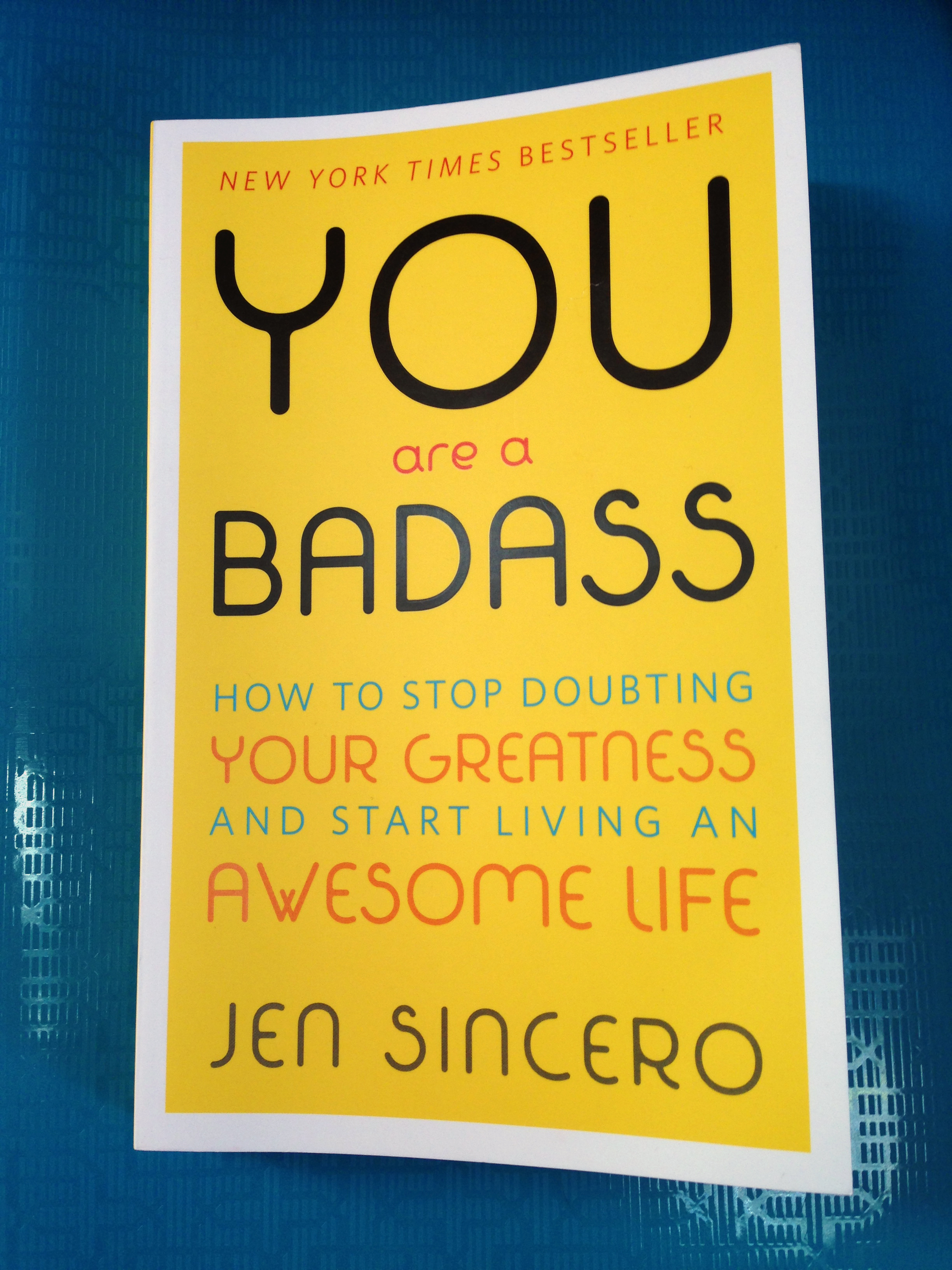I first heard about The Awesome on twitter when someone tweeted the first line, "I am not the asskicker people think of when they hear 'monster hunter.'" I was smitten from that moment and bought it straight away though it took a few months after the purchase to actually read it.
The Awesome is about Maggie, an apprentice monster hunter, and her pro hunter mom, Janice. To become a true hunter Maggie has to lose her virginity or else she can't hunt vampires. For rough and tumble Maggie this seems like a hunt she's going to struggle with.
This book surprised me in the best possible ways. At one point I almost put it down because I was convinced I knew where this book was going to go and I didn't want to read the inevitable 'Oh, you only wanted to be with me because you needed to not be a virgin! I hate you!' fight that I was sure was on the horizon.
I'm so glad I kept reading because the book blasted that out of the water in the very next chapter and veered into more fun and interested territory than I had imagined. Maggie is great and with a voice so distinctive that I kept thinking about it for days after I'd finished the book. She reminded me of someone I'd known in high school, someone both confident and trying to figure themselves out. I adored her.
The range of characters is also a fun group. Ian, the boy of the story, is a fun, sweet guy but Janice is really the star of the book. The heart of the book circles around this unusual, but still very real mother daughter duo and their relationships with each other and the world around them. It's a really fun family with the same drama of any other family, just with added vampire and zombie issues. Lauren became a clear favorite towards the end of the book.
I loved the journey of Maggie and how she ultimately conquered the monsters around her. I really hope to see more of Maggie in future books.
You can buy The Awesome here or at your local indie bookstore.





